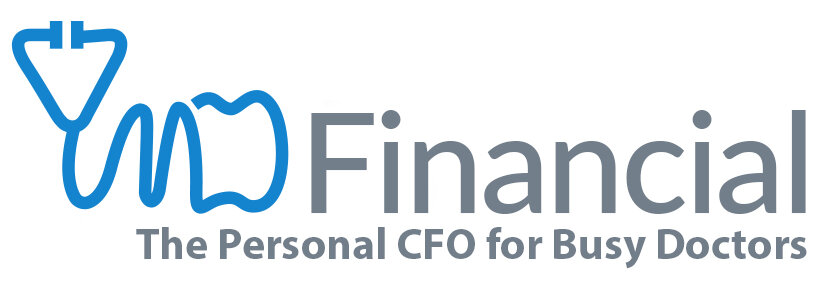One of our advisors, Ben Kirchner, has been receiving lots of questions about 529 plans and saving for future education expenses. He put together a list of the most asked questions in The Doctor's Guide to 529 Plans. Read the full article by clicking the button below.
According to Research, 4 Things You Don’t Know About Retirement
In the ever-changing world of finance, our CIO and advisor, Josh Lantz , stays up to date by reading research studies and sharing them with our team. Today, he breaks down a study for our doctors about what adds value to your life in retirement. Keeping these aspects in mind can help you stress less and feel better prepared for a fulfilling retirement.
Doctors, Here is Your 1st Quarter 2024: Benchmark Performance Update
PSLF Update 2024: Payment Count Adjustments for Doctors
One of the most popular financial questions we get from doctors is “How do I receive Public Service Loan Forgiveness (PSLF) in the quickest and cheapest way possible?”. Although there’s no way to bypass the requirement of 10 working years at a 501c3/not-for-profit, the federal government has opened some new avenues to count previously missed opportunities for qualification.
3 Commonly Missed Topics from Doctors’ Estate Plans
Doctors, Here is Your 4th Quarter 2023: Benchmark Performance Update
Basic Estate Planning for Doctors
All doctors need an estate plan, but in our experience very few have them. Most state it’s because they don’t know where to start or what all an estate plan should include. At a minimum, doctors should look to get a basic estate plan when they initially have children. Estate planning can get complex. This quick article is meant to outline what to look for in that first basic estate plan.
Everything Doctors Need to Know About the Backdoor Roth IRA Strategy
What Doctors Need to Know about Optimizing FDIC Insurance Limits
After the recent collapse of the 16th largest bank in the United States, called Silicon Valley Bank (SVB), more and more doctors have been talking about FDIC limits.
As a reminder, FDIC limits are the protections provided to your bank accounts sponsored by the United States government through the Federal Deposit Insurance Corporation (FDIC). Examples being your checking accounts, savings accounts, and CDs held at a banks protected under FDIC insurance.
In the event of an FDIC bank failure, the FDIC reimburses depositors of that bank up to certain thresholds.












